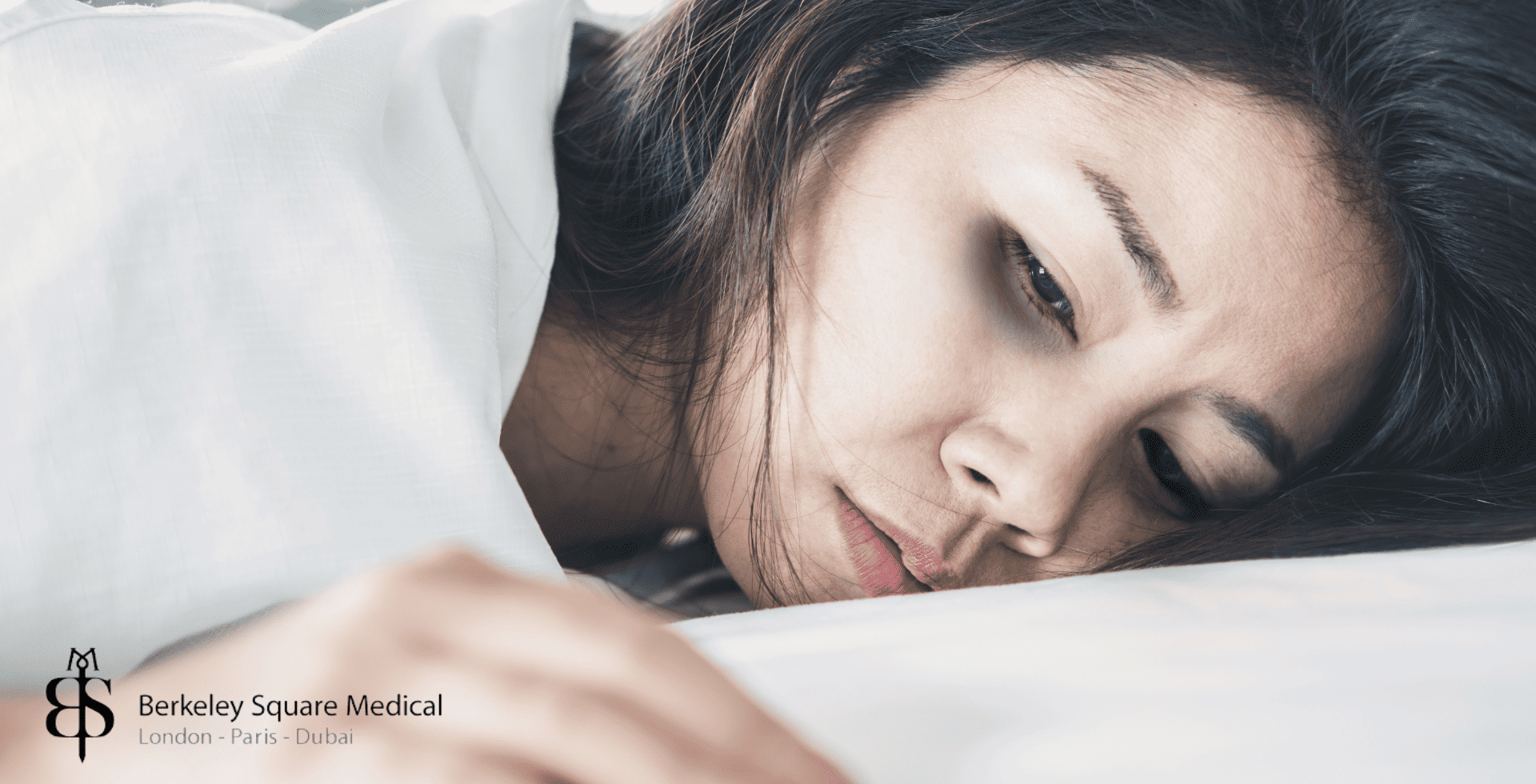
Depression after rhinoplasty is a very real phenomenon. Many people who have surgery to improve the appearance of their nose experience some degree of depression in the weeks and months following the procedure.
This can be due to a variety of factors, including the stress of surgery itself, changes in body image, and the hormonal fluctuations that often occur after surgery.
In this blog post, we will discuss what to expect in terms of depression after a rhinoplasty surgery, and how to deal with it if it arises.
Post-rhinoplasty depression is real: Many patients experience sadness, anxiety, or emotional instability in the weeks or months after surgery due to physical recovery, hormonal shifts, or changes in body image.
Temporary dissatisfaction is common: Swelling and bruising distort results early on, and it’s normal to feel uncertain or disappointed during this phase. Final outcomes can take months to settle.
Unrealistic expectations increase emotional risk: Patients with perfectionist tendencies or body image concerns may be more likely to experience post-operative depression or anxiety.
Identity shifts can occur: Changes in facial appearance can sometimes trigger an identity crisis or emotional detachment, especially if your nose was a significant part of your self-image.
Mental health support is crucial: If you’re struggling emotionally after surgery, speaking with a therapist or seeking support from your surgical team can make a big difference in your recovery.
Most patients adjust well over time: With patience, realistic expectations, and proper support, most people regain emotional balance and report higher confidence after rhinoplasty.
Post-operative depression is a type of depression that can occur after any surgery but is reasonably common after cosmetic surgery.
This is because people who undergo cosmetic surgery often have high expectations for the results of their procedure, and can be disappointed if they do not meet those expectations. (1)
In addition, changes in appearance can be a major trigger for body dysmorphic disorder (BDD), which is a condition characterized by an obsessive focus on one or more perceived flaws in appearance.
People with BDD often suffer from depression, anxiety, and social isolation as a result of their preoccupation with their appearance.
The symptoms of post-operative depression can vary from person to person, but may include:
If you are experiencing any of these symptoms, it is important to reach out to a mental health professional for help.
Depression is a treatable condition, and there is no shame in seeking help to deal with it.
Yes, it’s possible to experience an identity crisis after rhinoplasty — especially during the first few weeks when swelling distorts the final result. Your nose plays a central role in your facial appearance, and even subtle changes can affect how you perceive yourself.
Some patients report feeling like they no longer recognise themselves in the mirror. This disconnect can trigger anxiety, sadness, or a sense of loss, particularly if your previous nose was a core part of your identity or cultural heritage.
These emotional reactions are normal and often temporary. As the swelling goes down and you adjust to your new look, your sense of self typically stabilises. For others, especially those with a history of body image issues or perfectionism, the psychological adjustment may take longer.
If you feel emotionally detached from your new appearance, or are experiencing persistent distress, it may help to:
Talk to your surgeon about your concerns
Compare pre- and post-op photos under professional guidance
Speak to a licensed therapist, ideally with experience in post-cosmetic surgery adjustment
Avoid excessive mirror-checking or social media comparisons during recovery
Remember, identity is more than just physical features. With time, your brain integrates the new appearance into your self-image — and for many, the emotional benefits of improved confidence and comfort begin to outweigh the initial discomfort.
If you are experiencing depression after rhinoplasty, there are a few things you can do to cope with it:
Yes, it is normal to feel depressed or emotionally low after rhinoplasty, especially within the first few weeks. This may be due to post-surgical swelling, temporary changes in appearance, or the psychological adjustment to your new facial features.
Post-rhinoplasty depression typically lasts between 2 to 8 weeks. For most patients, symptoms improve as swelling goes down and final results become visible. If symptoms persist beyond 2 months, it may be helpful to speak with a mental health professional.
Depression after rhinoplasty can be caused by multiple factors, including hormonal fluctuations, emotional stress, unmet expectations, temporary facial swelling, and changes in identity or self-image.
Yes, rhinoplasty can trigger or worsen body dysmorphic disorder (BDD) in individuals who are overly focused on perceived flaws. If you find yourself obsessively checking or criticising your appearance post-surgery, it’s important to seek psychological support.
Yes, most patients report high satisfaction with rhinoplasty results after full recovery. However, satisfaction is strongly linked to realistic expectations